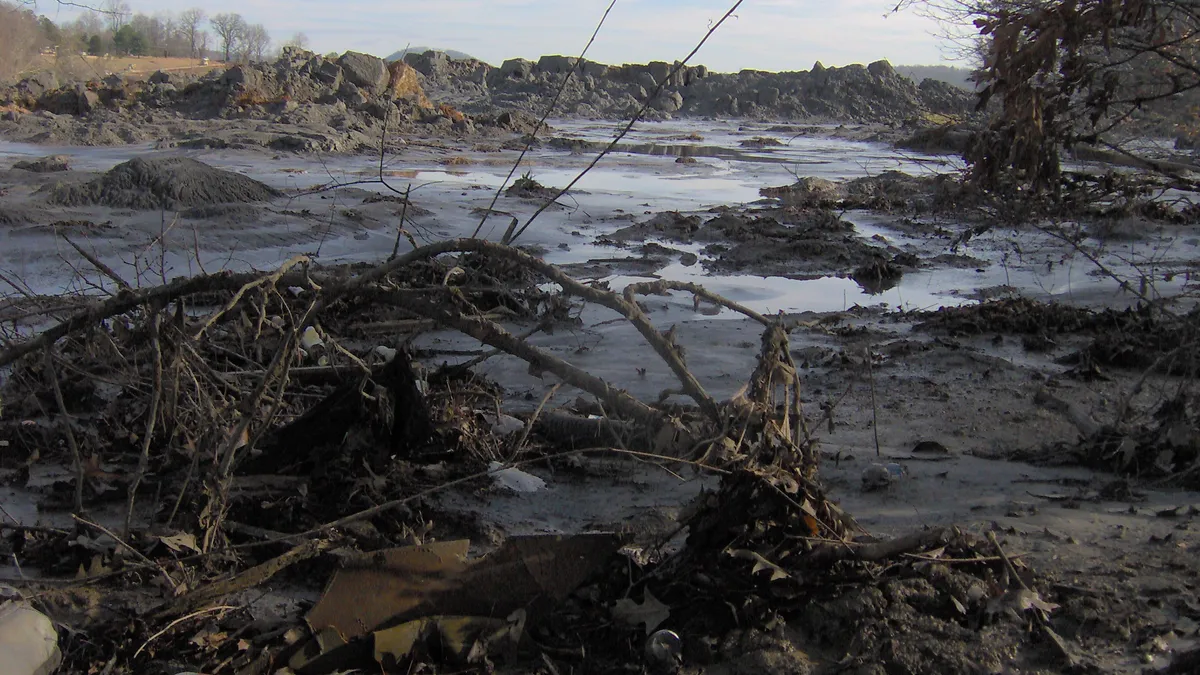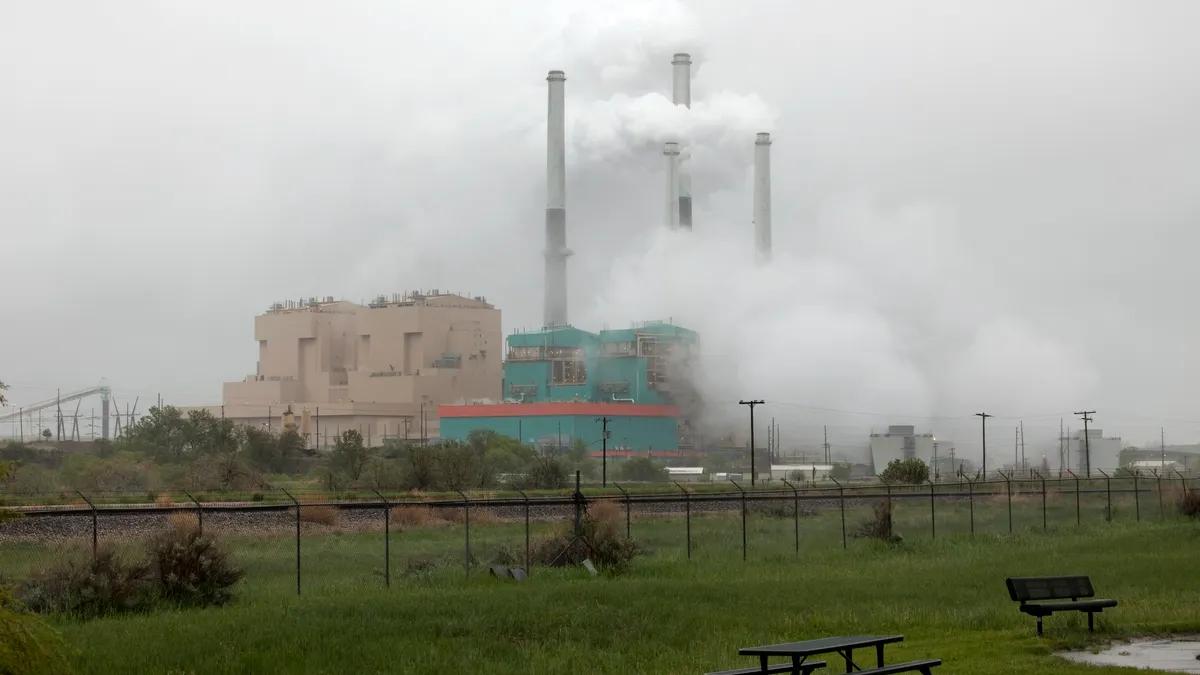The following is a contributed article by Nelson Brooke, Riverkeeper, Black Warrior Riverkeeper; Casi Callaway, Executive Director and Baykeeper, Mobile Baykeeper; Justinn Overton, Executive Director, Coosa Riverkeeper; and Stephen Stetson, Senior Campaign Representative for Sierra Club's Beyond Coal Campaign.
Our groups have been working on coal ash pollution issues for more than five years. A commentary by Steven Burns published in Utility Dive in January was profoundly misleading and merits substantial disclaimers.
Burns' opinion piece "Ash ponds: Keep calm and close in place" should have disclosed that his law firm, Balch & Bingham, represents Alabama Power — a utility that could reap short-term benefits of hundreds of millions of dollars if it is allowed to cap its coal ash pits rather than remove them responsibly.
Talk about legacy: a former Alabama Power president's brother started Balch & Bingham nearly a century ago. Mark Crosswhite himself started as a Balch & Bingham partner before he became CEO of Alabama Power.
But the most egregiously disingenuous statement was Burns's claim that coal ash "poses less risk than hazardous waste."
Coal ash contains known carcinogens such as arsenic, mercury, selenium, chromium and lead, which are hazardous to human health, wildlife and waterways. A report by a physician-led non-profit found that coal ash pits can leach toxic constituents thousands of times greater than drinking water standards, as Alabama Power has reported its pits are doing.
These toxins cause such health problems as nervous system damage, developmental defects, cardiovascular problems, neurological damage, impaired vision and paralysis, and stomach, lung, urinary tract, skin and other forms of cancer. Famed consumer advocate Erin Brockovich is currently investigating one of a number of cancer clusters linked to coal ash pits.
The failure of the U.S. Environmental Protection Agency to classify coal ash as hazardous should not be used as an excuse to pretend it's harmless. Instead, it should be remembered as the success of a massive utility lobbying complex that leveraged more than $269 million against public health while these regulations were being developed.
Groundwater contamination
Utilities were required in 2015 to produce data on ash contamination and even the companies' own data revealed that nearly every coal ash pit in the United States, including Alabama Power's, is contaminating groundwater with dangerous levels of toxins.
There's no such thing as a safe unlined ash pit. Several confirmed and suspected cancer clusters have been found around coal ash sites. Lawsuits against TVA continue to be filed more than a decade after the Kingston coal ash disaster because so many cleanup workers have fallen ill and died.
Burns should know all this, since his client Alabama Power is facing $1.25 million in fines for groundwater contamination from its leaking coal ash pits — a drop in the bucket for a company whose 2018 net income was $930 million, $18.9 million of which it spent on lobbying state politicians. That's more than 3.5 times the amount Georgia Power spent in the same category.
Burns argues that closure in place is just as protective to groundwater as removing coal ash to a properly lined landfill, even though closure in place leaves the pit unlined on the bottom. How can an unlined pit on the side of a major river be as safe as a lined one upland?
Even the grossly inadequate "protections" provided by the EPA stipulate that closure in place is acceptable only if the coal ash is not currently sitting in groundwater.
Burns did get one thing right: "Regardless of closure method, compliance with groundwater protection standards is not optional." Alabama Power is already failing to comply: their pits are currently sitting in groundwater and will continue to sit in groundwater, wholly against the law.
That failure will continue long after they cap and run. The company will only be liable for the pits for thirty years after closure, while coal ash toxins will continue to leak indefinitely.
In fact, Alabama Power did cap their Gadsden coal ash pit in place in 2018 — and in 2019 it continued to violate the law by leaking 10,000% the legal groundwater limited for arsenic and 150% the limit for radium.
Finally, let's remember that timing matters. The potential remains for catastrophic failures like Kingston, Tennessee, and the Cape Fear River spill in North Carolina. Leaking, unlined coal ash pits should not be left near our rivers and lakes, and certainly not in flood- and hurricane-prone coastal regions.
Coal ash should be removed to properly managed, lined, upland landfills and used where appropriate for recycling into encapsulated concrete — especially since Alabama Power, among other utility companies, is already trucking additional coal ash to landfills and five other Southeastern states are already removing theirs.
Why doesn't Alabama Power show some leadership on coal ash cleanup like they do on other community initiatives?
Burns' original piece was titled, "Keep Calm and Close in Place." Perhaps his client, Alabama Power, should keep calm and do what's right.





















